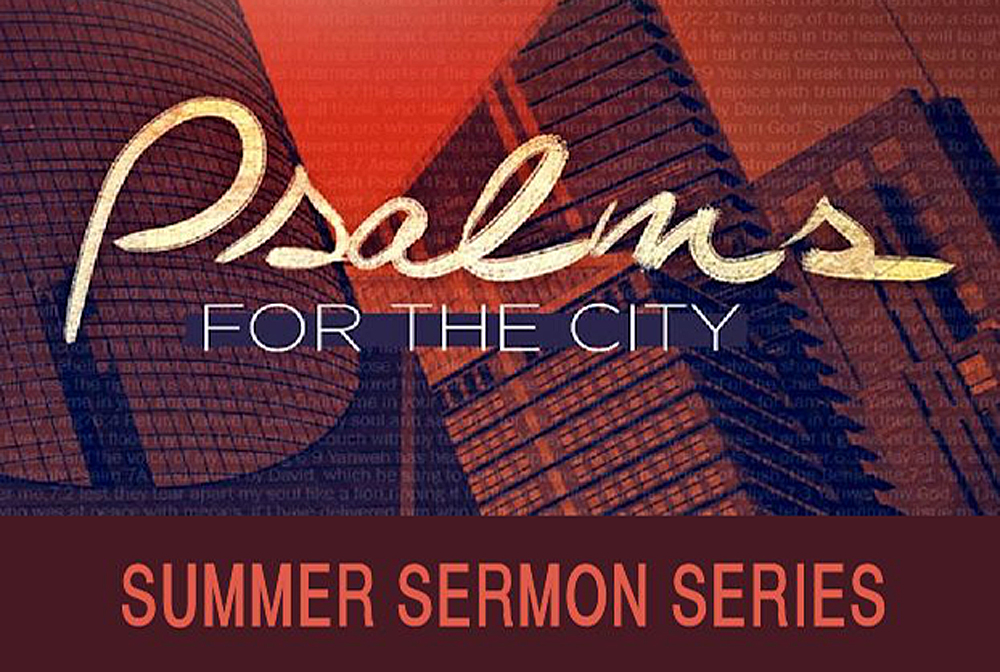1. Mercy requires no excuses. He owns it. He mourns his sin and guilt. He confesses the unreserved seriousness of his sin against God. Ps. 51:1-5; 1 Tim. 1:12-17; James 4:8-10
2. Forgiveness must include a plea. He appeals in prayer for God’s grace, which he desperately needs. Ps. 51:1-7
3. The brokenhearted looks forward to restoration. Ps. 51:8-12
4.The brokenhearted are witnesses. Ps. 51:13-17
5. He is committed to God’s favor for his community. Ps. 51:18-19; Ru 1:16-17
LIFE GROUP DISCUSSION QUESTIONS
1. Review the history of David’s sin. Does it seem fair that he doesn’t lose his job? On what grounds does God forgive him if Christ hasn’t died yet?
2. Why should we have to plead for forgiveness? Doesn’t God forgive us anyway?
3. What kinds of words does David use in defining restoration? Can we expect the same after we’ve sinned? Can we expect the opposite of restoration if we do not plead for forgiveness and own our sin?
4. Talk about the phrase “brokenhearted evangelist”? Are all the brokenhearted evangelists? Could it be, that our difficulties with motivation for evangelism, is that we have not truly been brokenhearted over our own sin?
5. How does being brokenhearted qualify us internally and externally for witnessing?
other sermons in this series
Oct 26
2014
The Sweetness of the Book
Passage: Psalm 19:7–19:14 Series: Psalms for the City
Oct 19
2014
Just How Glorious is He?
Passage: Psalm 19:1–19:14 Series: Psalms for the City
Oct 12
2014
High, Holy, Humble
Passage: Psalm 113:1–113:9 Series: Psalms for the City
